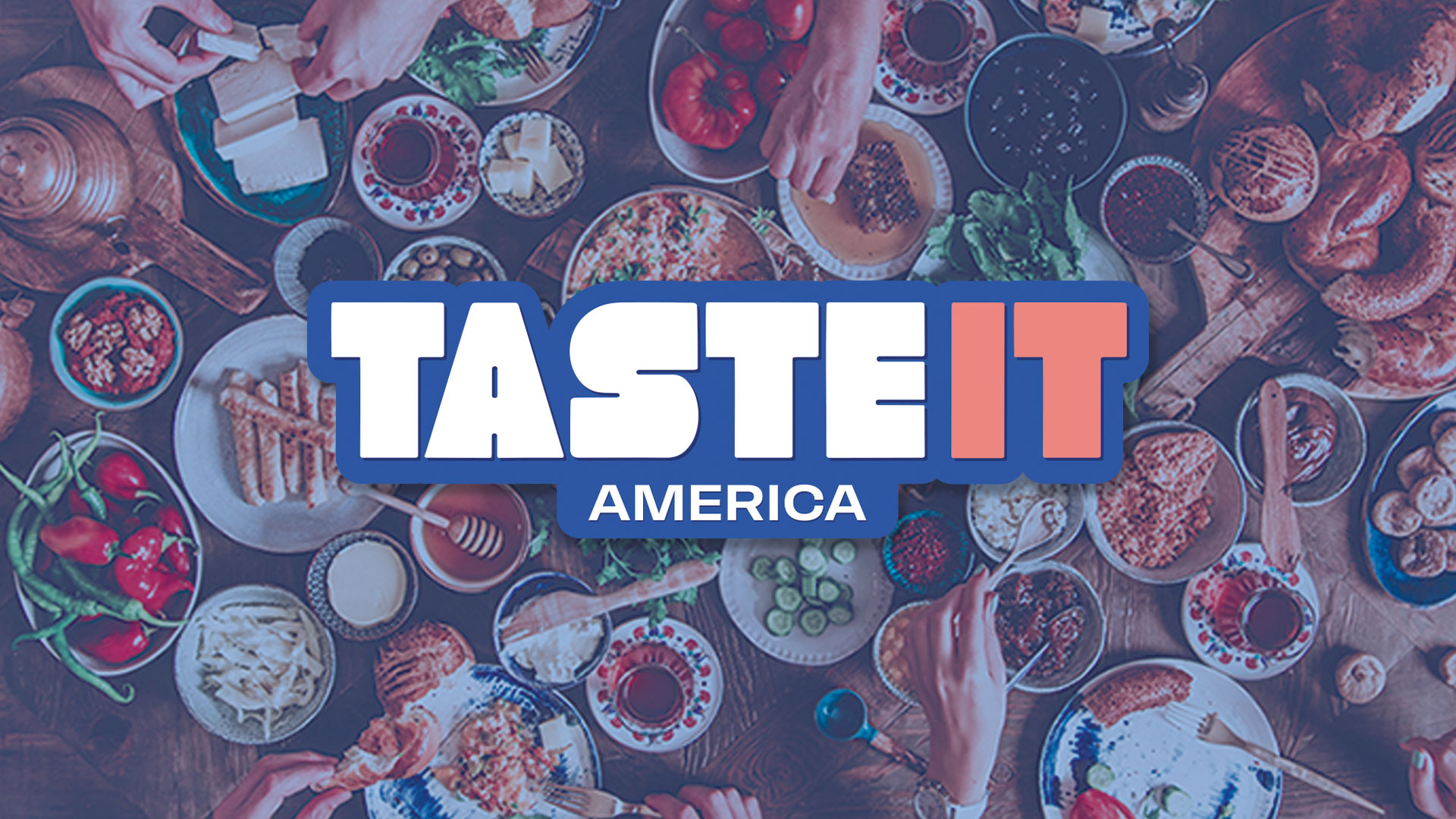At TuttoFood Milano 2025, the conference “How to consolidate the global leadership of Italian cuisine” explored strategies and best practices to maintain and strengthen Italy’s position as a global benchmark in the food sector. The event, hosted by Italianfood.net, featured the insights of two leading players with different but complementary perspectives: Emilio Mignucci, Vice President of Di Bruno Bros, one of the most iconic specialty retailers in the United States, and Stefan Höllen, Vice President Supply Chain at L’Osteria, a major restaurant chain with over 170 locations in Europe.
Both speakers agreed on the key role of authenticity, quality, and consistency when promoting Italian cuisine abroad. “Our mission is to tell the stories of Italian producers and their land. Today’s consumers do not just want a product – they want to know how it was made, by whom, and where,” said Emilio Mignucci. He underlined the importance of education and transparency in food retail, especially when dealing with such a rich and varied food culture as Italy’s.
Stefan Höllen echoed this perspective from the restaurant world: “Our guests expect Italian food to be not only delicious but also honest. That means using authentic ingredients, following Italian traditions, and delivering the same high quality in every restaurant – whether you are in Vienna, Berlin, or Paris.”
Distribution and supply chain, however, remain among the biggest challenges in ensuring consistency. L’Osteria, for instance, has developed a highly structured supply chain to support its international expansion. “We rely on selected Italian suppliers and make sure all products meet strict quality standards. But we also have to adapt logistics to local regulations and ensure speed and freshness,” Höllen explained.
Mignucci highlighted a different issue: protecting Italian products from imitation and fraud. “There is still a long way to go in defending true Italian food. Labelling and certifications like Pdo and Pgi help, but education is the real key – both for the trade and for the final consumer.”
Looking ahead, both companies are investing in innovation, digitalisation, and customer experience to consolidate their leadership. But they are also united by a common goal: promoting the cultural value of Italian cuisine and making it accessible without losing its soul.
“Everything we do comes from a place of respect for Italy’s traditions. And that will always be our strength,” concluded Mignucci.
L’articolo Italian cuisine leads the way in the global market proviene da Italianfood.net.



